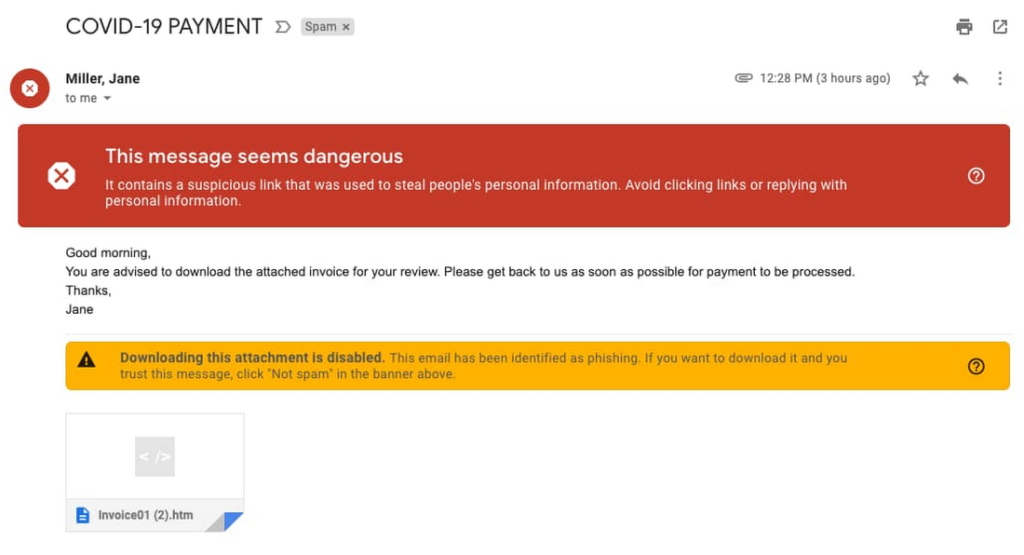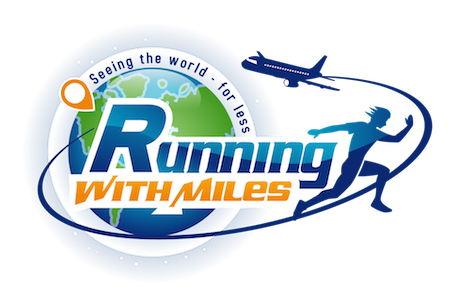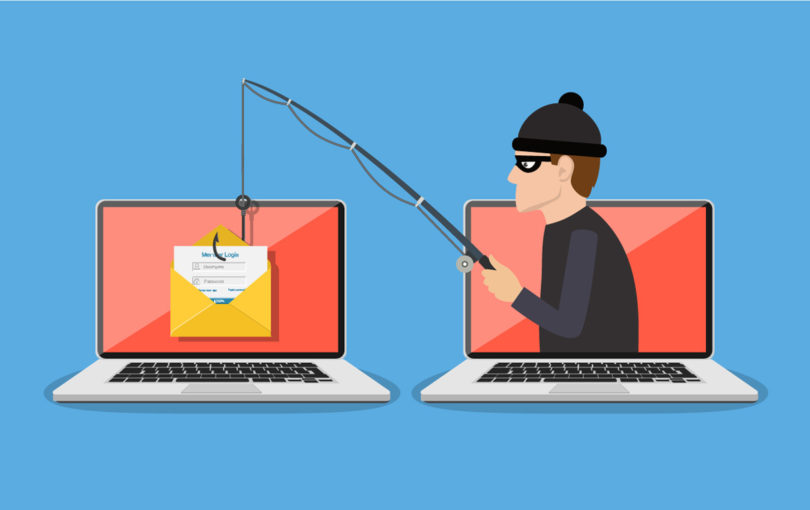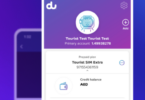With billions in stimulus money having been sent out and going out, this is a time ripe for people who want to steal that money. Some of them may try to do it through normal phone/mail scams (such as sending you an “overpayment” and then requesting the difference – only to have their check bounce) while millions of others are doing it through e-mail.
Google Is at Work to Block Stimulus Scam E-Mails
This is where Google’s machine learning (ML) is coming into play. Google says they already are blocking over 240 million COVID-19 spam e-mails a day that are spam but now they have caught over 18 million e-mails per day just last week that were related to COVID-19 scams such as malware and phishing attempts..
While some of these scams involve attempts to take advantage of the stay-at-home orders, others try to get people to donate to various causes that are actually attempts to commit fraud.
Here is one example of e-mails that are being sent to try and capitalize on the stimulus money that is being sent out:

Image from Google showing an example of a phishing e-mail
Google says these attempts are nothing new but just being repurposed from the usual phishing attempts (which are attempts to get you to enter sensitive information at fraudulent links or open attached files which can retrieve such information). As such, Google already has a pretty good handle on how to handle these and they are only getting better.
Here is what they say you can do to stay vigilant against such attempts:
- Complete a Security Checkup to improve your account security
- Avoid downloading files that you don’t recognize; instead, use Gmail’s built-in document preview
- Check the integrity of URLs before providing login credentials or clicking a link—fake URLs generally imitate real URLs and include additional words or domains
- Avoid and report phishing emails
- Consider enrolling in Google’s Advanced Protection Program (APP)—we’ve yet to seeanyone that participates in the program be successfully phished, even if they’re repeatedly targeted
Also, remember that the IRS will never send you an e-mail or make a phone call that requests any personal information from you. Any contact like this should be avoided or reported as they are not legitimate ways of contact.
In addition, only use resources that can be found at the IRS website to enter your information to get your stimulus money if you do not already have direct deposit information on file with the IRS (this post can give you more details).









Hey Charlie. Hru? I have a question for you. What happens if you’re on Social Security pr SSD and you’re in a Nursing or Rehabilitation Center. Do you still qualify for the stimulus money?
As long as you are not claimed as a dependent by someone else, you would be eligible for the stimulus money and it would be sent by the schedule in the post (if you receive by check normally for SS).